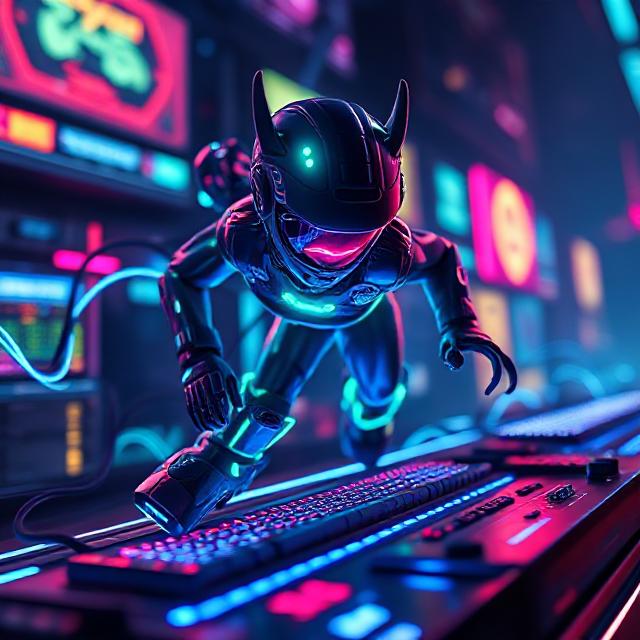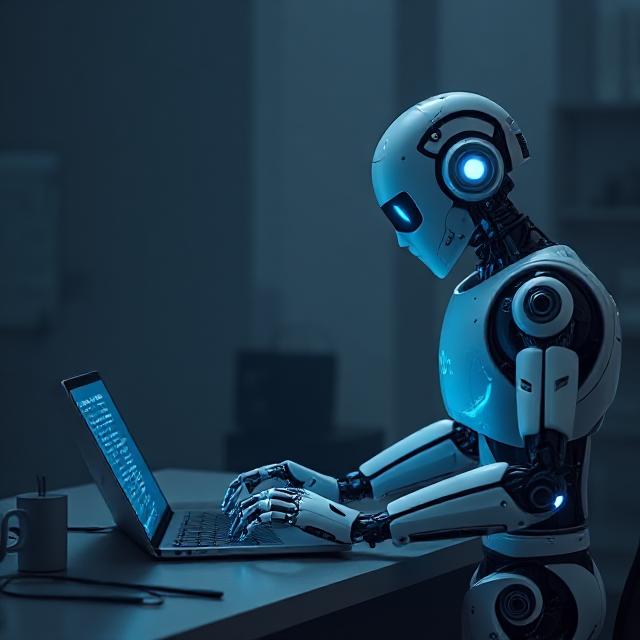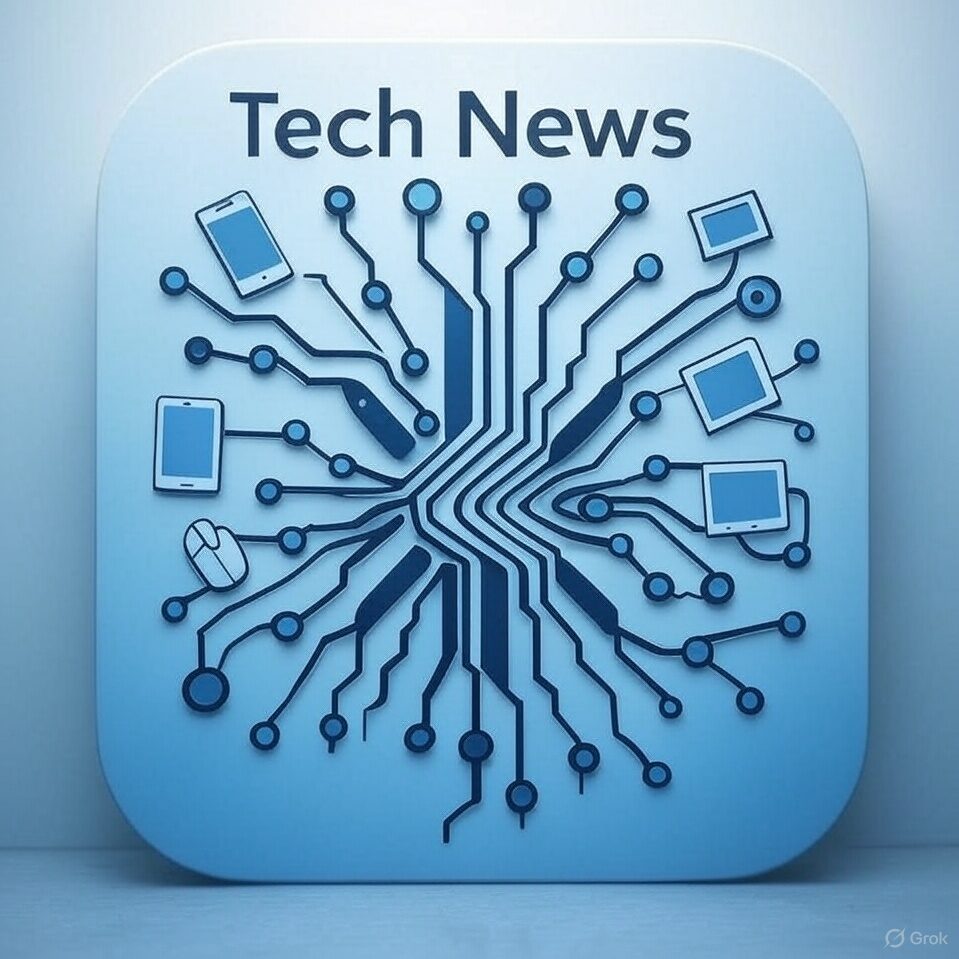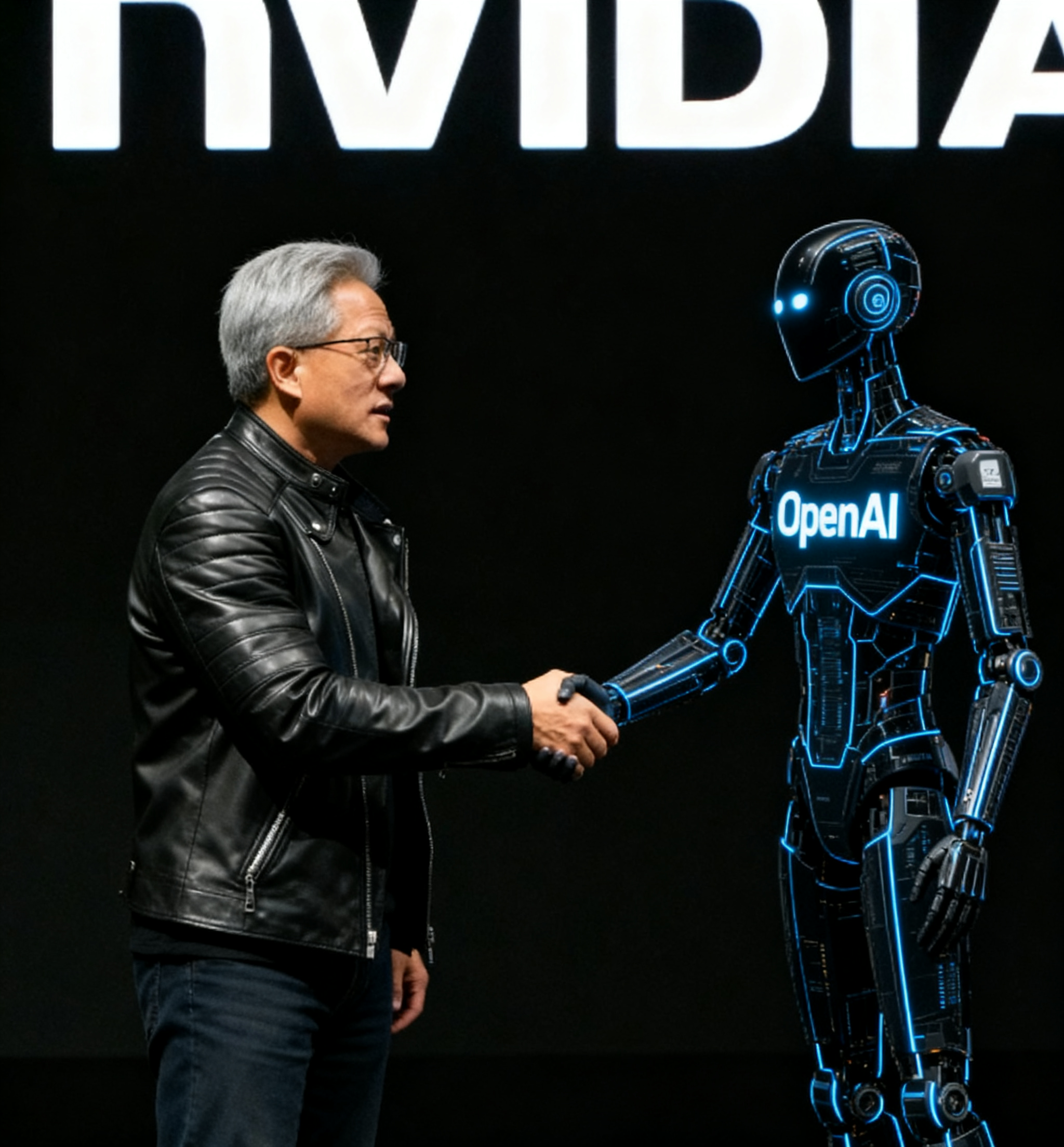
Will AI replace programmers, or will it simply assist them in crafting better code? This question looms large in the tech world as artificial intelligence (AI) continues to evolve. At its core, AI is built on programming languages, designed and maintained by human developers. While AI tools like code generators and debuggers are transforming software development, they are far from replacing software engineers and programmers. Instead, AI serves as a powerful ally, amplifying productivity while leaving critical human skills like creativity, problem-solving, and ethical judgment irreplaceable.

Why AI Cannot Replace Programmers:
AI’s role in software development is undeniable. Tools like GitHub Copilot, Codex, and other AI-driven platforms can generate code snippets, suggest optimizations, and automate repetitive tasks. However, these tools rely on human oversight and have significant limitations that prevent them from fully replacing programmers.
1. Lack of True Innovation
AI excels at pattern recognition and replicating existing solutions based on vast datasets. However, it struggles with groundbreaking innovation. Creating novel algorithms, designing unique architectures, or solving unprecedented problems requires human intuition and creativity qualities AI cannot replicate.
2. Accuracy and Context Limitations
AI-generated code often lacks contextual understanding. While it can produce functional code, it may not align with project-specific requirements, business goals. Bugs, inefficiencies, or irrelevant outputs are common, necessitating human intervention to refine and validate the code. A 2024 study by Stack Overflow found that 62% of developers using AI tools still spend significant time debugging or rewriting AI-generated code.
3. Copyright and Ethical Concerns
AI models are trained on public code repositories, raising copyright issues. Code generated by AI may inadvertently reproduce licensed or proprietary code, leading to legal risks. Programmers are essential to ensure code adheres to legal and ethical standards.
4. Security Vulnerabilities
AI-generated code can introduce security flaws. A 2025 report by OWASP highlighted that 47% of AI-generated code samples contained at least one exploitable security issue. Human expertise is vital to audit and fortify code against cyber threats.
5. Dependency on Human Developers
AI tools are created, trained, and maintained by programmers. From designing neural networks to curating training data, human engineers are the backbone of AI systems.
Impact of AI on Human Development in Software Engineering
AI is reshaping how software engineers develop their skills and approach their work, fostering a new era of human development in the field. Rather than replacing programmers, AI is driving a transformation in the competencies and mindsets required to thrive in software engineering.
Enhanced Learning Opportunities
AI-powered platforms, such as interactive coding tutors and personalized learning paths, enable programmers to upskill faster. Tools like AI-driven code review systems provide real-time feedback, helping developers improve their coding practices and learn best practices efficiently.
Shift Toward Higher-Value Skills
With AI automating routine tasks like writing boilerplate code or unit tests, programmers can focus on mastering higher-value skills such as system architecture, user experience design, and strategic problem-solving.
Collaboration and Interdisciplinary Growth
AI fosters collaboration between programmers and other disciplines, such as data science, cybersecurity, and product management. By integrating AI into workflows, developers gain exposure to cross-functional challenges, broadening their expertise.
FAQs
1. Can AI write complex software like operating systems or games?
AI can assist in writing parts of complex software, such as generating boilerplate code or optimizing algorithms. However, building an operating system or a game requires architectural design, creative storytelling, and system integration tasks that demand human expertise.
2. Will AI make programming jobs obsolete?
No. AI is more likely to shift the role of programmers, emphasizing skills like system design, AI model training, and ethical oversight. Demand for software engineers remains strong, with the U.S. Bureau of Labor Statistics projecting 22% job growth in software development from 2020 to 2030.
3. How can programmers stay relevant in an AI-driven world?
Programmers can stay relevant by mastering AI tools, learning advanced concepts like machine learning or cybersecurity, and focusing on uniquely human skills like critical thinking and collaboration.
4. Are AI coding tools reliable for production environments?
AI coding tools are helpful for prototyping or drafting code but are not fully reliable for production without human review. Issues like security flaws, inefficiencies, or non-compliance require programmer intervention.
Conclusion
AI is a transformative force in software development, streamlining workflows and boosting productivity. However, it cannot replace software engineers and programmers due to its limitations in innovation, accuracy, security, and ethical judgment. Moreover, AI is driving human development by enabling faster learning, emphasizing higher value skills, fostering interdisciplinary collaboration, and promoting ethical responsibility. Programmers who adapt and leverage AI tools will remain indispensable, shaping the future of technology with their creativity and expertise.








100% right AI is just helping programmers
The advancements in technology from 2020 to 2030 are truly transformative! AI, quantum computing, and sustainable tech are reshaping industries faster than ever. I’m especially excited about the potential of AI to solve complex global challenges, but also curious about how we’ll address ethical concerns like privacy and job displacement. What do you think will be the most impactful tech of this decade?
Totally agree. AI has incredible potential to solve global challenges, but ethical concerns like privacy and job loss must be addressed. I believe AI and quantum computing together could define the decade’s biggest breakthroughs.